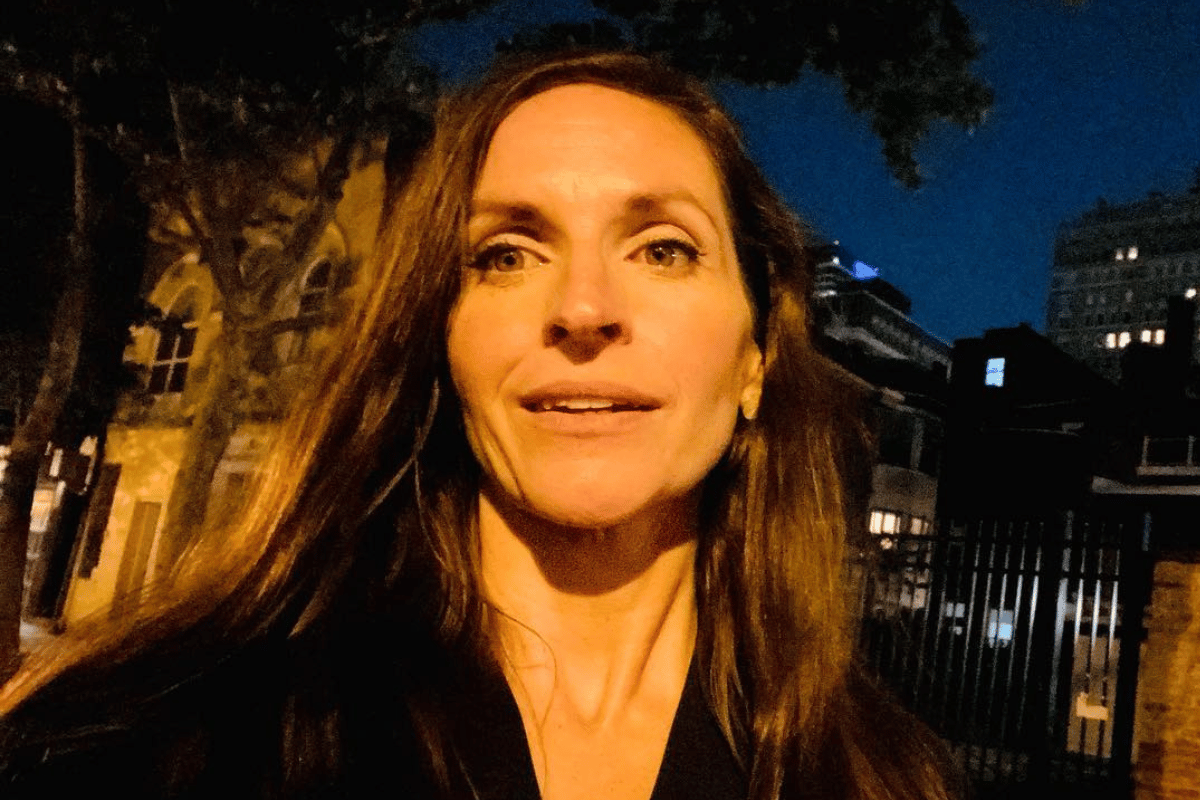
Until three years ago, Leah was a devoted member of the Mormon Church, which has an estimated worth of $265 billion. By the time she left, she had given the organisation 35,000 of her hours and 10 per cent of her gross annual income since childhood.
Her journey out Mormonism was gradual; a slow awakening that culminated in a complete life reset.
"It did take me a long time to, as I put it, leave the Truman Show," she told Mamamia.
Watch: The Secret Lives of Mormon Wives S2 Trailer. Post continues below.
There were parts of the religion that Leah found comforting, like the community it offered.
"I have three children, and I knew that with each pregnancy, if I had to be on bed rest or something, I would just have a whole team of women who would come to my aid and help clean my house, or hold my baby while I took a shower, or watch my kids if I had to go to the emergency room," Leah recalled. "And I know that because I was on the giving end of that as well, and it's incredibly supportive and loving."
The church also provided an existential comfort that many outside the faith might envy.





























































































